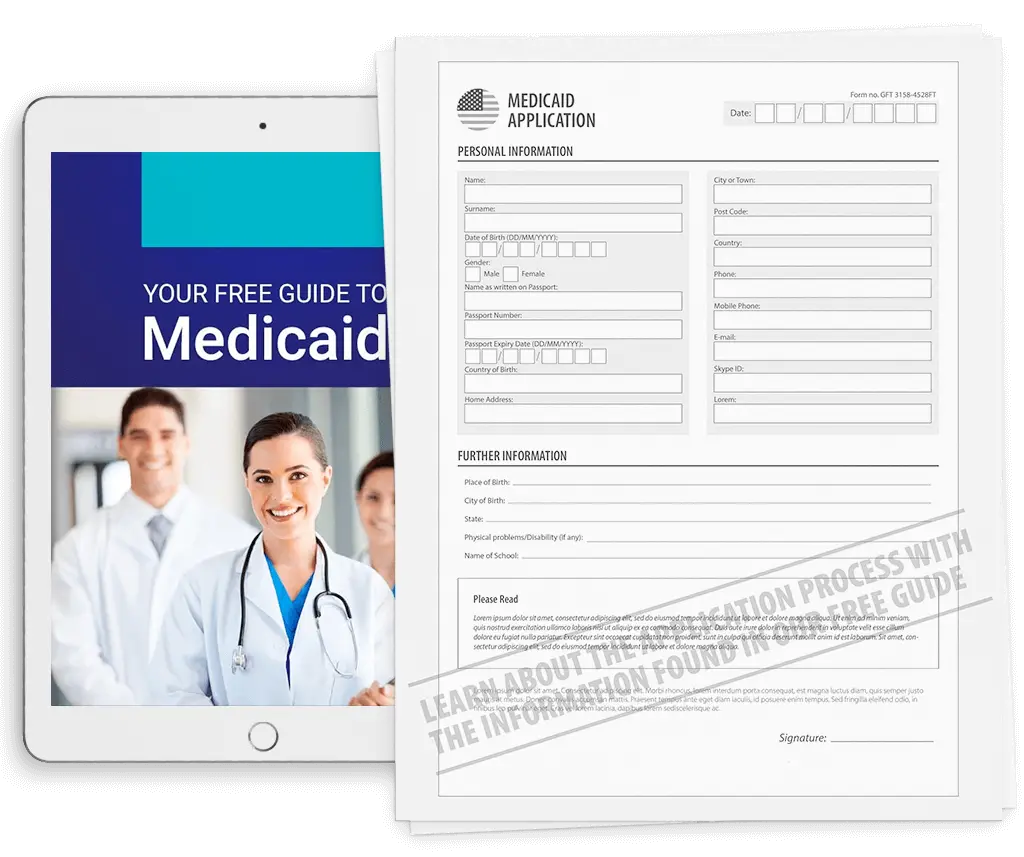Learning how to apply to Medicaid in the United States is important if you’re looking for affordable health insurance. Understanding how to fill out the Medicaid application form is the first step to getting medical assistance benefits.
You’ll also need to know where and how to apply for Medicaid, since states may have different application options. Some states also ask you to send in copies of certain documents with your Medicaid application, like your birth certificate and W-2 forms.
You’re probably wondering, “Where do you sign up for Medicaid?” or “What do you do if you are denied benefits?” Find out the answers to these questions and learn more about Medicaid below.
Where do you sign up for Medicaid?
Some states let you apply to the U.S. Medicaid program online, by mail, over the phone and in person. Many states even let you apply for other types of benefits, like food stamps and TANF, using the same application.
Many states have a paper Medicaid application form that you can print online or have sent to you. You can also pick up an application in person at a human services office. You can also sign up for Medicaid by fax in most states.
In many states, the same office that runs Medicaid also runs other health benefits programs such as the Children’s Health Insurance Program (CHIP). Also, some states may have different Medicaid applications for children, the elderly or people with a disability. Make sure you’re uusing the right application for your situation.
What information is required on the Medicaid application form?
The Medicaid application asks you to give some personal information to make sure you meet the requirements for the program. Most Medicaid applications ask for:
- Full legal name and date of birth.
- Social Security Number and documentation number if not a U.S. citizen.
- Current address.
- Income and employer information.
- Current health insurance policy.
- Any insurance offered by employer.
People who are married or have children will have to give the same information for their spouse or children.
When signing up for Medicaid in some states, you will need to show proof to verify identity, income and immigration status. You can do this with birth certificates, passports and other forms of ID.
Tax returns, W-2 forms and pay stubs can be used to prove income level. Non-citizens applying for Medicaid will need to prove their legal residency with green cards and naturalization certificates. Also, Medicaid applications in some states ask for medical proof if you are pregnant or have a disability.
Note: No matter of where you apply for Medicaid in the United States, lying on the application or giving false documents is a kind of benefits fraud. This is a serious criminal offense that may come with time in prison. Always give true information whenever you are applying to a government benefits program.
For more information about how to apply for Medicaid, download our free guide.
What information is not required on the Medicaid application?
Adults older than 21 years of age will not need to put their parents’ information on their application as long as they are filing taxes separately. Partners who are not married and children of an unmarried partner can also be kept out of the application. However, keep in mind that household size is important when it comes to Medicaid income requirements.
In most cases, you don’t need to sit down for an interview when you apply for Medicaid, but you may have to do an interview if you’re applying for other programs (like SNAP) at the same time.
Learn the Steps to Take If Your Medicaid Application Is Denied
Not everyone who applies for Medicaid can get coverage. After about 30 days of getting a Medicaid application, state officials will send a status. If the application for Medicaid benefits was denied, applicants can appeal the denial.
In some states, applicants who appeal a denial need to have a hearing to state their case. Each state has different rules for filing an appeal, but residents can read the letter of denial for instructions on how to appeal.
